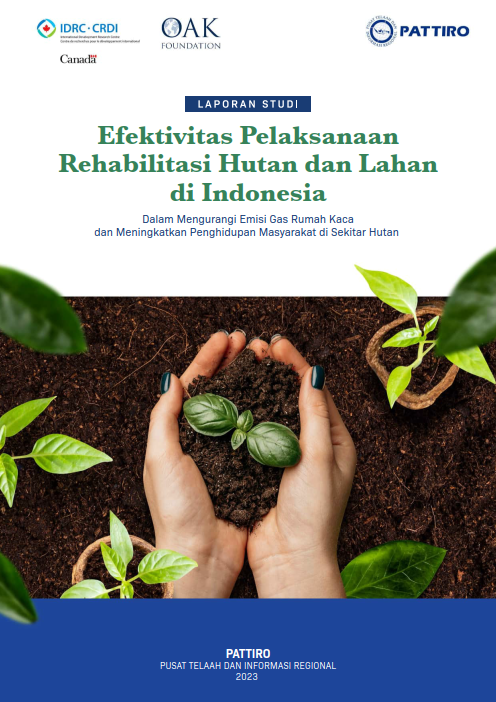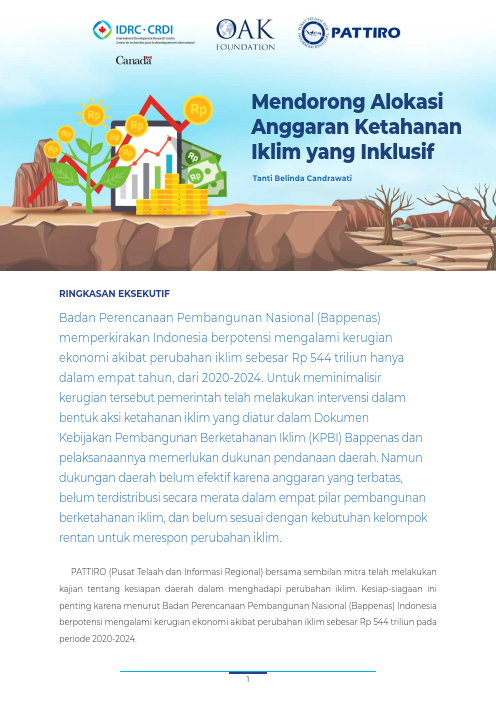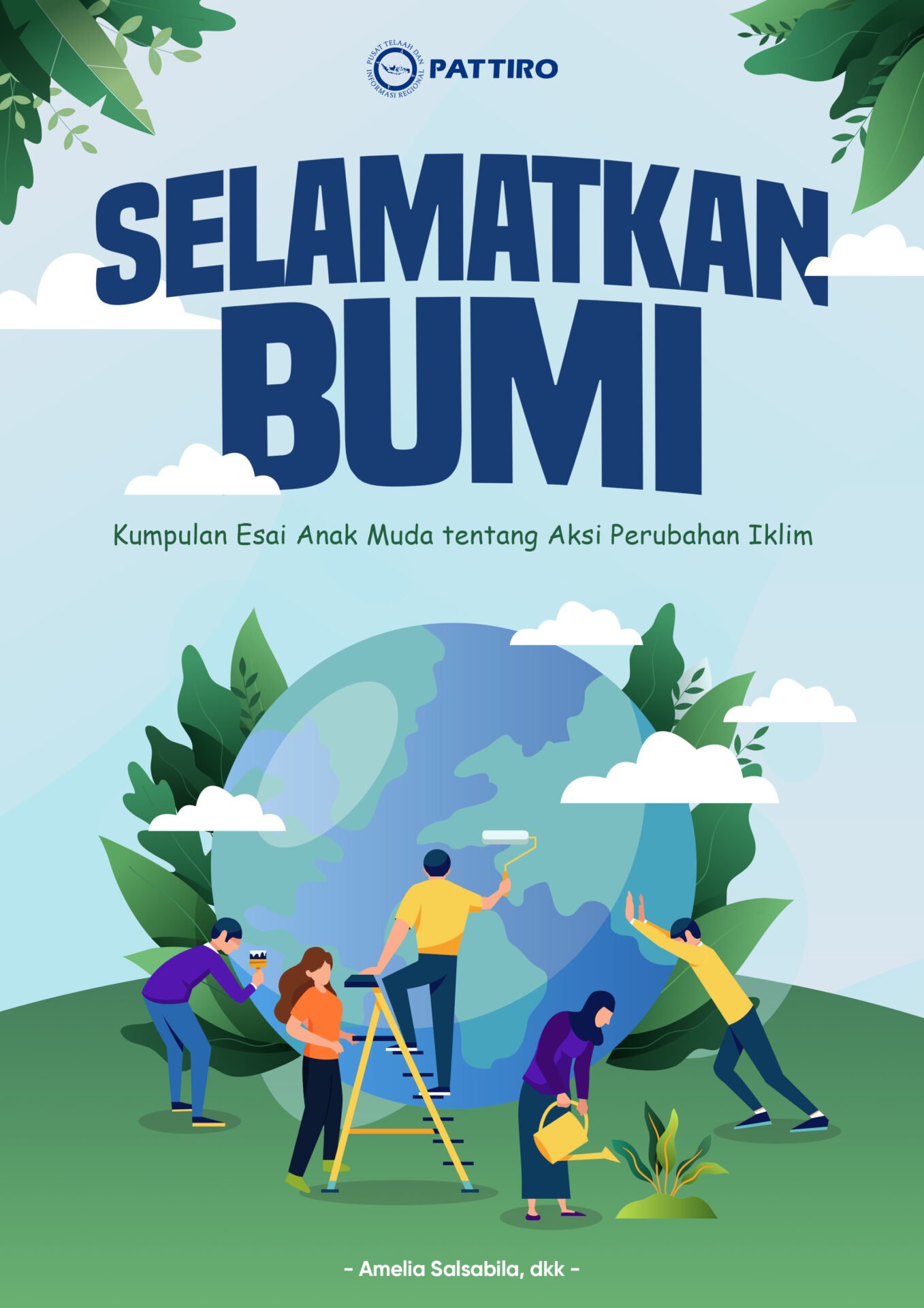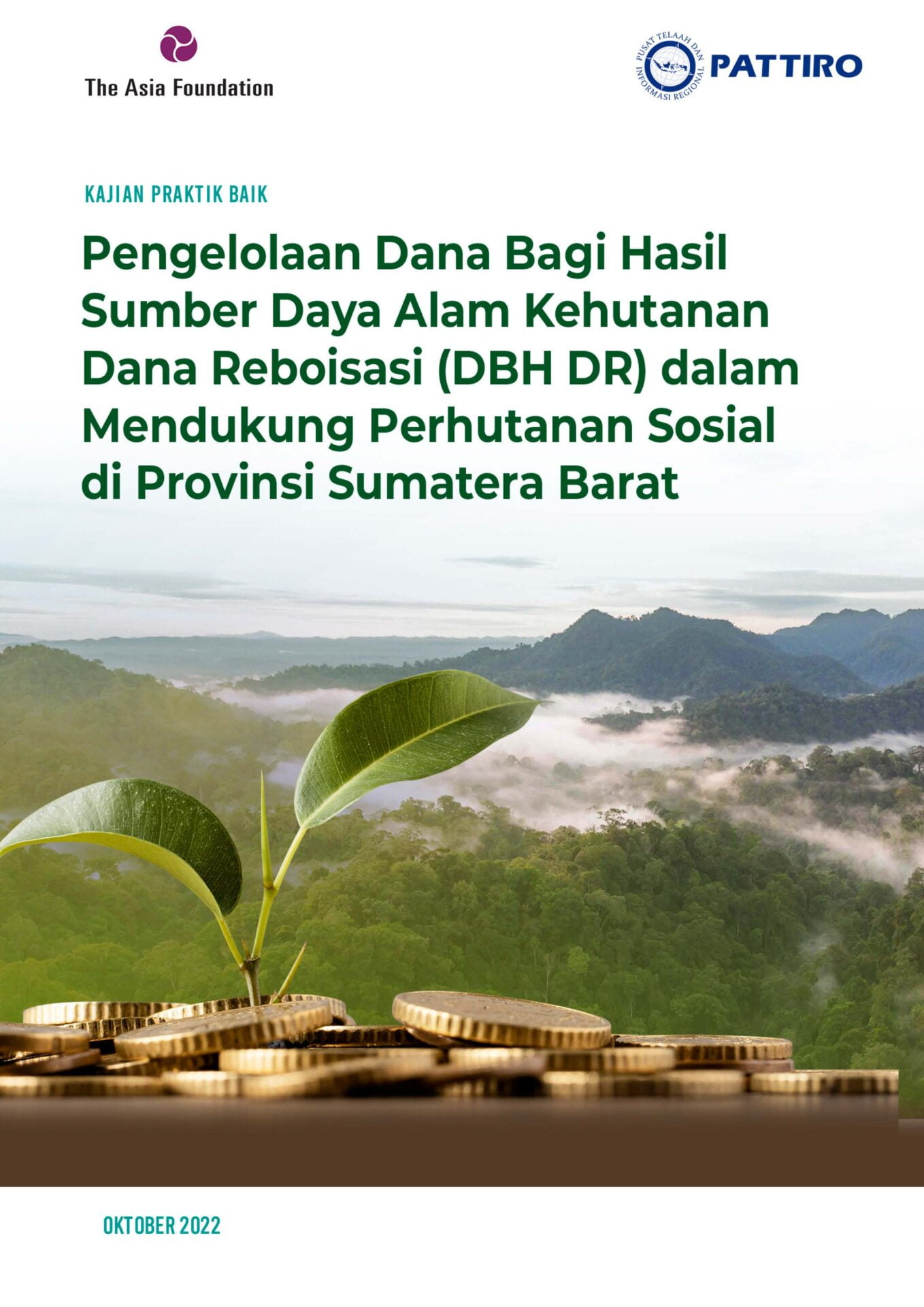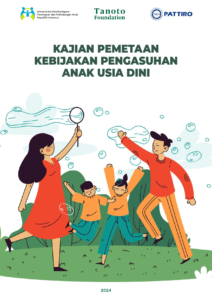 age 0-6 years is a very important phase in human life for the survival and quality of life in the next phase. The government’s commitment to meeting the basic needs of early childhood has been realized in Presidential Regulation No. 60 of 2013 on integrative holistic Early Childhood Development (PAUD HI) as a basis to ensure the fulfillment of children’s essential needs through health and nutrition services, education services, as well as protection and welfare services, and parenting. Along with that, the government has also drawn up a National Action Plan for integrative holistic Early Childhood Development (RAN PAUD HI) for the period 2020-2024.
age 0-6 years is a very important phase in human life for the survival and quality of life in the next phase. The government’s commitment to meeting the basic needs of early childhood has been realized in Presidential Regulation No. 60 of 2013 on integrative holistic Early Childhood Development (PAUD HI) as a basis to ensure the fulfillment of children’s essential needs through health and nutrition services, education services, as well as protection and welfare services, and parenting. Along with that, the government has also drawn up a National Action Plan for integrative holistic Early Childhood Development (RAN PAUD HI) for the period 2020-2024.
The government of Indonesia has also issued various policies to support the achievement of Early Childhood Development. Various policies were successfully mapped, containing norms that generally regulate the guarantee of essential early childhood needs. In addition to policy, the government has also developed many programs related to PAUD HI. However, the results of the analysis found that many policies and programs still do not emphasize aspects of parenting. In its implementation, various programs are also still sectoral in nature, except for the holistic integrative toddler Family Development program (BKB HI) which has integrated its services with Posyandu and pos Pendidikan Anak Usia Dini (PAUD).
This condition can be understood considering that the application of early childhood development outlined in PAUD HI has not fully emphasized parenting as the mainstream. This is in contrast to the Nurturing Care Framework (NCF), a framework recommended by the World Health Organisation (WHO). The NCF framework emphasizes strategic Actions in meeting the essential needs of early childhood through a strong, collaborative, integrative parenting approach, as well as strengthening monitoring and evaluation. Various countries that have adopted the NCF framework such as China, the Philippines, and the Netherlands are quite successful in meeting the global Development Goals (SDGs) related to the protection of early childhood.
Therefore, towards the end of the RAN PAUD HI period, the Indonesian government needs to evaluate the implementation of PAUD HI, as a reference for the preparation of RAN PAUD HI for the next five years. In the momentum of political transition in 2024, the government also needs to be encouraged to issue a law related to parenting which is expected to become a legal umbrella for existing PAUD HI-related policies and programs. Strengthening the aspects of parenting in early childhood development, in the long term is expected to contribute to improving the quality of Indonesian children for the achievement of the Golden Generation 2045.

